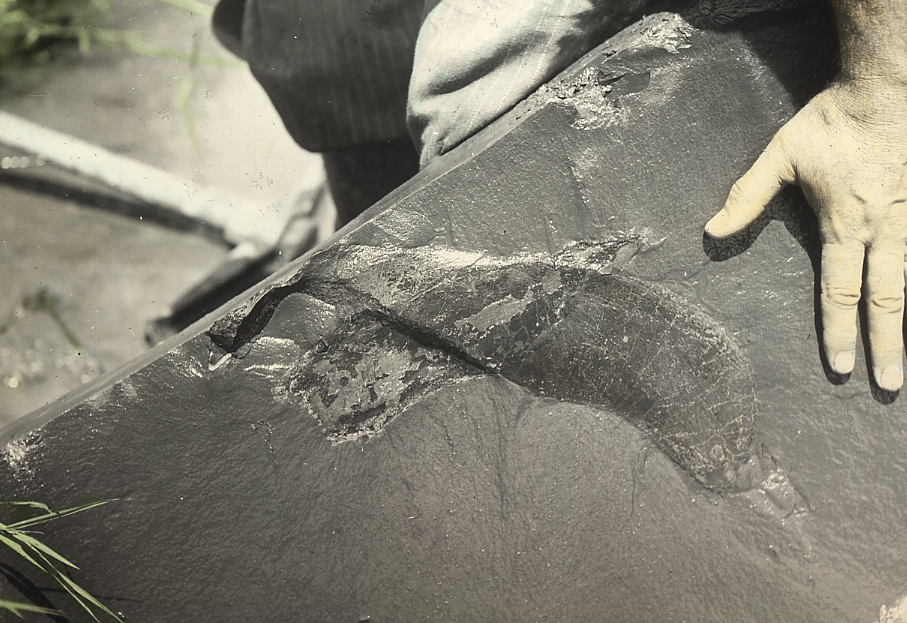Friday, September 25, 2009
small poem/radiant medieval--abstract for post-abysmal panel kalamazoo 2010
I reject the idea of growth when it is not a growth of pleasure (Anna Klosowska)
A god can do it. But will you tell me how
a man can enter through the lyre's strings?
...
Song, as you have taught it, is not desire,
not wooing any grace that can be achieved;
song is Dasein (Rilke, Sonnet III, altered Mitchell trans.)
In complicity with Samuel Beckett’s poem “Alba” and Dante’s Purgatorio, these remarks will explore the possibility of a poetics of vertiginously small places, whose radiant unreadability (re)produces a literary modernism with a medieval heart capable of flouting the lack which would prevent a certain queer mixing of persons, things, pasts, presents, literary spaces and ‘real’ places. Small, because of the formal elements of the poem; vertiginous and indeed optimistically radiant in the ensuing density and unreadability of its complicity with medieval material—what might have been appropriated as modernist purgatorial, paradisiacal, or alchemical (transformational) lack appears instead as the ease of giving-in to the allure of such a densely radiant place. In the place called to appearance by the poem, the reader is invited to plunge into a radiant black-hole where distinctions between medieval, modern, persons, things, language (and the lack supposedly governing them) are all replaced by the production of a small place.
and, for your reading pleasure, the Beckett poem in question:
before morning you shall be here
and Dante and the Logos and all strata and mysteries
and the branded moon
beyond the white plane of music
that you shall establish here before morning
grave suave singing silk
stoop to the black firmament of areca
rain on the bamboos flowers of smoke alley of willows
who though you stoop with fingers of compassion
to endorse the dust
shall not add to your bounty
whose beauty shall be a sheet before me
a statement of itself drawn across the tempest of emblems
so that there is no sun and no unveiling
and no host
only I and then the sheet
and bulk dead
Subscribe to:
Post Comments (Atom)

3 comments:
Word. It's a Rilke renaissance!
On radiant black hole, cf. Liturgy's Renihilation, the post-abysmal black metal album of the year. E.g., from the interview with Hunter Hunt-Hendrix:
Pitchfork: On Renihilation it's hard for me to pin down what particular songs are about: "Arctica", "Beyond the Magic Forest", "Behind the Void". Is there a red thread through it all? Can you explain the lyrics some? I remember you saying they were different from what shows up in the poem.
HHH: They're all about different things, but a red thread might be the theme of tension between hope and critique, or between apocalypse and apostasy. I think something like this is at the heart of all black metal, which participates in nostalgia and nihilism simultaneously in an unresolved way. Or at least that's always been an attraction for me. I think in our day and age we are starved for meaning and also hostile towards meaning, and this interests me.
Pitchfork: What does Renihilation, the word and concept, mean to you?
HHH: I like the idea of a second nihilism or a double nihilism, a sort of annihilation of an annihiliation amounting to something altogether different from a return to what was originally destroyed. That's what renihiliation is.
Who knows where to download XRumer 5.0 Palladium?
Help, please. All recommend this program to effectively advertise on the Internet, this is the best program!
I have long believed that it is precisely the husk, not the much-described nutmeat, that is the surface in which mind and meaning-making occur. Thank you for the Beckett text and for your reflections. The infinitely debatable crystal in the middle of the fountain in the Roman de la Rose must be one of the handiest examples of the radiant receding secret small-hold you evoke.
Post a Comment